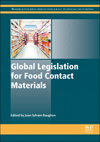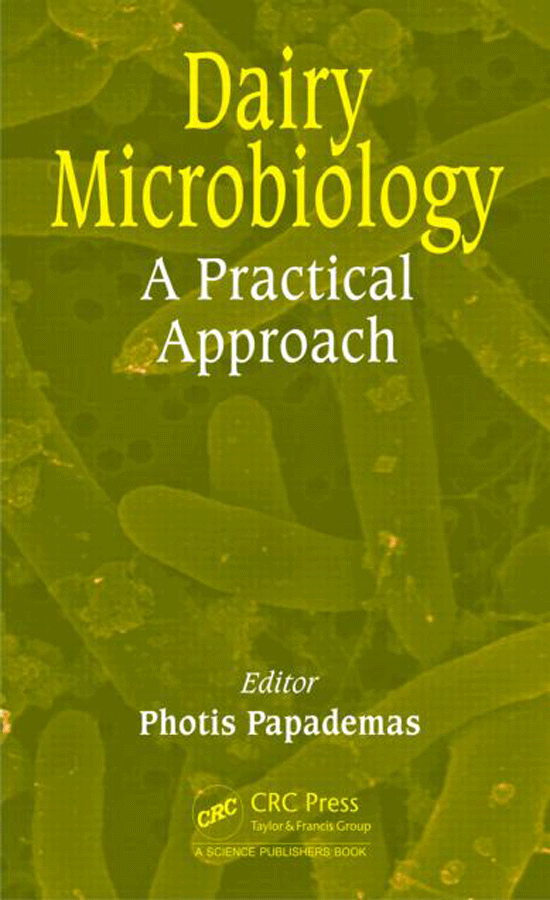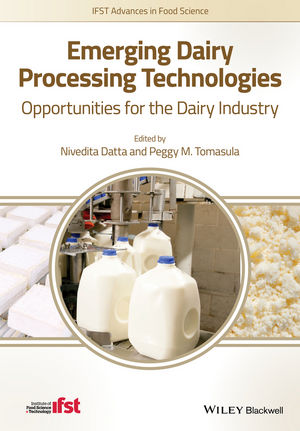Trans-Pacific Partnership trade agreement a salve for Brexit uncertainty
The pending Trans-Pacific Partnership trade agreement could help the United States to ensure tighter ties to a less disrupted trade market.

Britain’s vote in June to leave the European Union (EU) carries with it a mass of unknowns. In fact, the only certain thing about the outcome is continued uncertainty.
Depending on how things shake out, Brexit could result in anything from a re-ordering of trade ties to and among EU countries, to a continuing erosion of globalization that could make all trade more difficult no matter the nation or industry.
Tools that facilitate U.S. competitiveness and counter anti-trade momentum become more important than ever in light of potential Brexit fallout. The pending Trans-Pacific Partnership (TPP) trade agreement is a perfect example of a means for the United States to ensure tighter ties to a less disrupted market.
Broad ramifications
Two of the big-picture impacts of the Brexit process are its potential economic effect not only in the UK but globally and its potential to spark similar nationalist moves away from open trade and toward a more protectionist philosophy.
The uncertainty surrounding Britain’s decision and its outcome could discourage investment, sap consumer and business confidence, maintain the upward strength of the U.S. dollar and stunt economic growth, eroding consumer demand. The longer the uncertainty lasts, the worse the consequences, economists say.
It will not skewer the global economy single handedly, but it won’t need to. As economist David Beckworth from the Mercatus Center at George Mason University told the Washington Post, when Brexit arrived, we were already “in the middle of a toxic economic soup.”
In April, well before the referendum, the International Monetary Fund reduced its 2016 global growth forecast to 3.2%, the fourth cut in a year, amid weakening demand and geopolitical risk.
World economic growth — with its enlargement of the middle class driving a shift to higher-protein diets — is one of the pillars of global dairy demand and export growth. Any condition that threatens economic expansion — and depending on how Brexit is handled, it could be such a condition — can threaten dairy trade.
Britain’s “leave” decision also epitomizes the rising clout of anti-establishment politics, nationalism, xenophobia and a retreat from globalization. A half- dozen other EU members are pushing for votes to decide if they should follow the UK out the door.
If a eurozone nation opts out of the EU, then the economic fireworks would really start. Brexit alone may not spur an economic disaster, but the failure of the euro and the breakup of the EU likely would.
Free trade under attack
A similar inward looking philosophy is also driving a rise in protectionism. In the seven months through mid-May 2016, G-20 economies applied 145 new trade-restrictive measures, a record average of nearly 21 per month.
The threat posed by Brexit highlights the urgency of passing TPP as quickly as possible. TPP is a sort of anti-Brexit — a tool to facilitate trade, knock down barriers between nations, deny protectionism and ultimately fuel economic expansion.
For dairy, TPP provides more certainty in Asia-Pacific to balance the uncertainty in Europe. The deal’s sanitary and phytosanitary and geographic indication provisions directly counter protectionist inclinations. (Despite uncertainty over the EU’s capacity to continue negotiating new trade deals with Brexit utilizing its resources, we expect no easing of the EU’s aggressive efforts to restrict the use of common food names.)
Congressional approval of TPP would send a clear signal about U.S. leadership in an uncertain global environment — indicating that we recognize, respect and support an interconnected world and the role played by a strong, rules-based trading system. Restricting trade or giving in to protectionism are not viable solutions. We need to move forward not revert to the past trade models proven ineffective and in some cases disastrous.
No clarity in sight
As of the writing of this column nearly two months after the vote, the UK had yet to submit its formal notice triggering the Article 50 EU withdrawal procedure.
Though an unlikely — but not inconceivable — chance exists that an exit may not actually go forward, when divorce talks finally do begin (possibly not until 2017), many expect them to be protracted and contentious. EU members are divided over how to handle Britain’s exit, with some advocating a hard line to prevent further defections and others more conciliatory to maintain good business relations and minimize economic damage.
The task is daunting. The parties will need to disentangle 40-plus years of integration, dozens of trade deals and a multitude of regulatory, investment and budgetary issues. The 27 other EU member states are slated to meet this month to discuss the future without the UK. Britain will remain a member with full rights and obligations until the negotiation process is over. In the meantime — uncertainty rules.
Looking for a reprint of this article?
From high-res PDFs to custom plaques, order your copy today!







